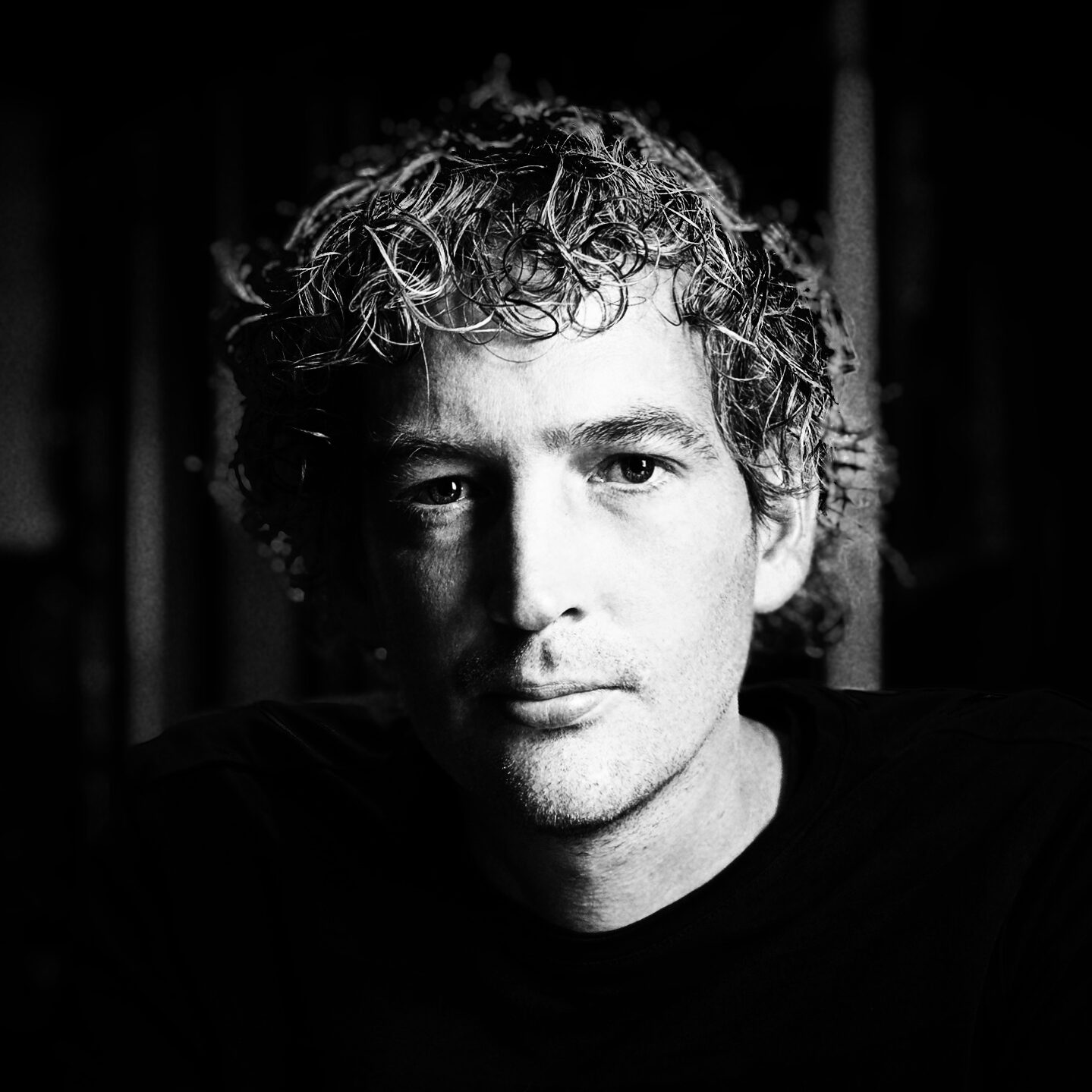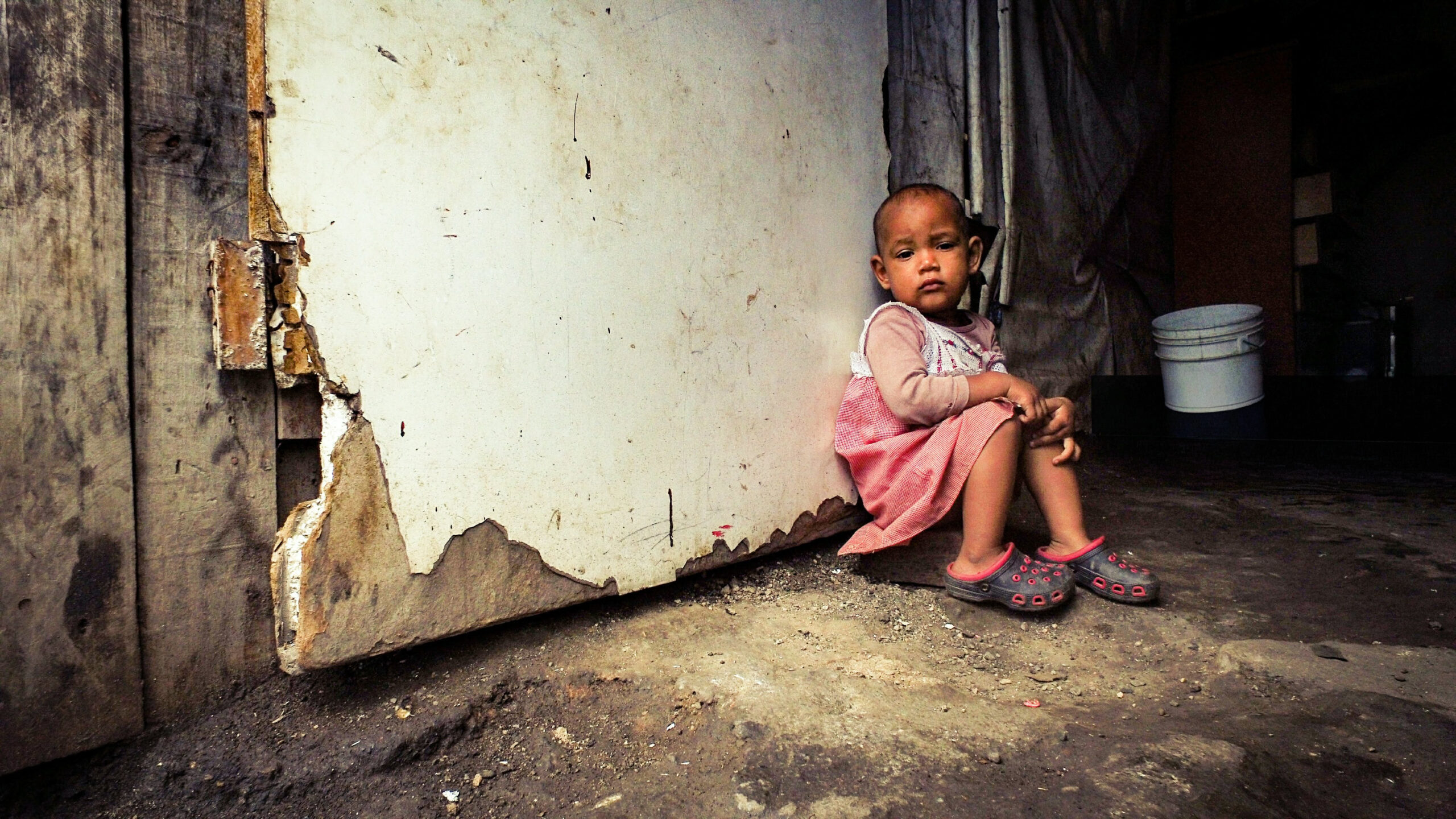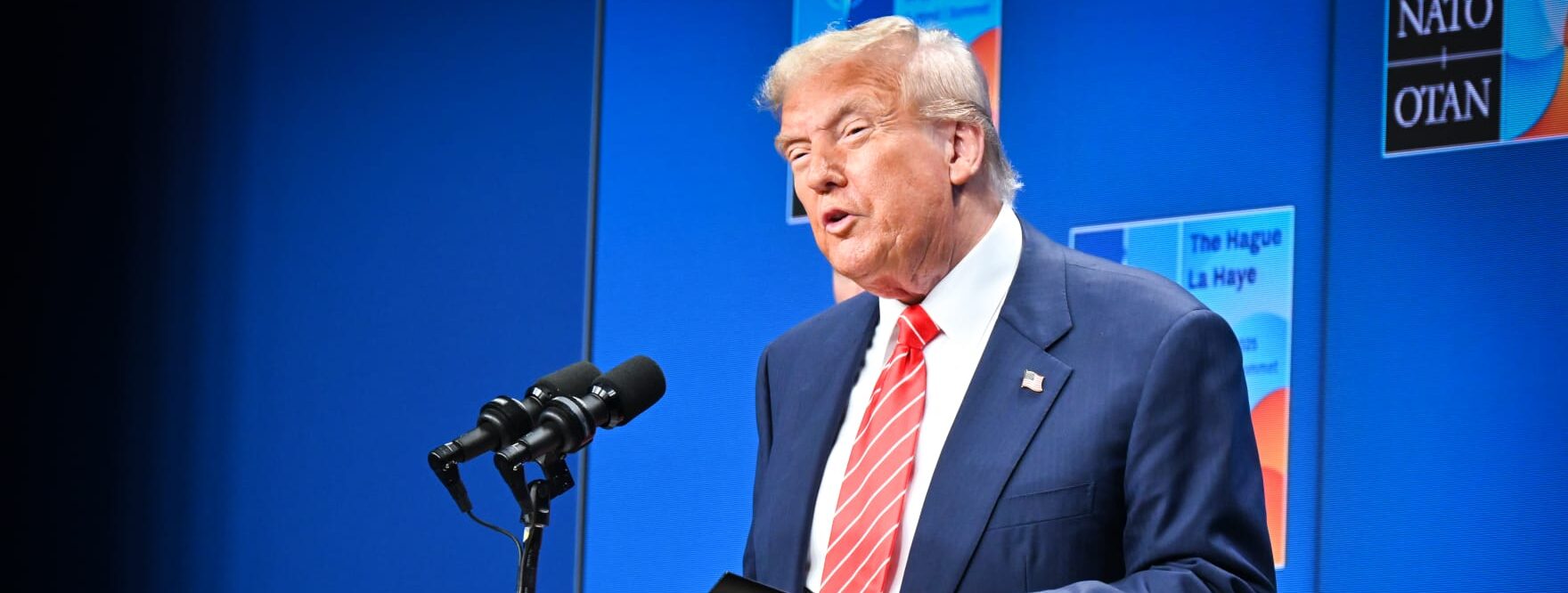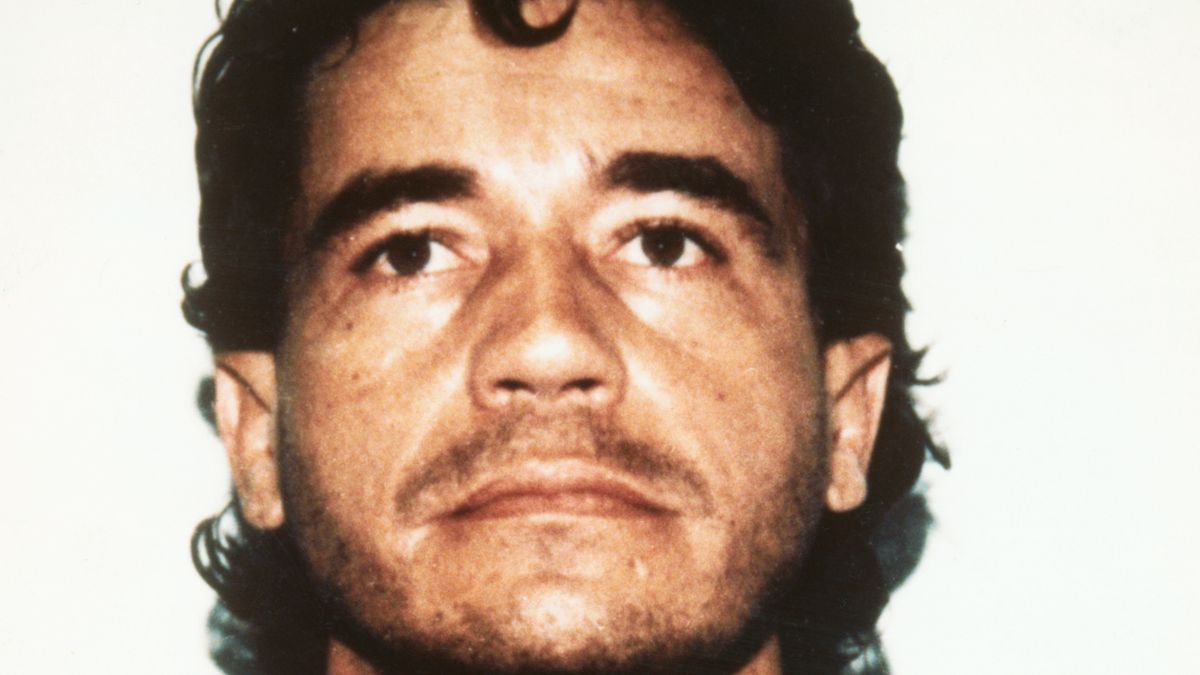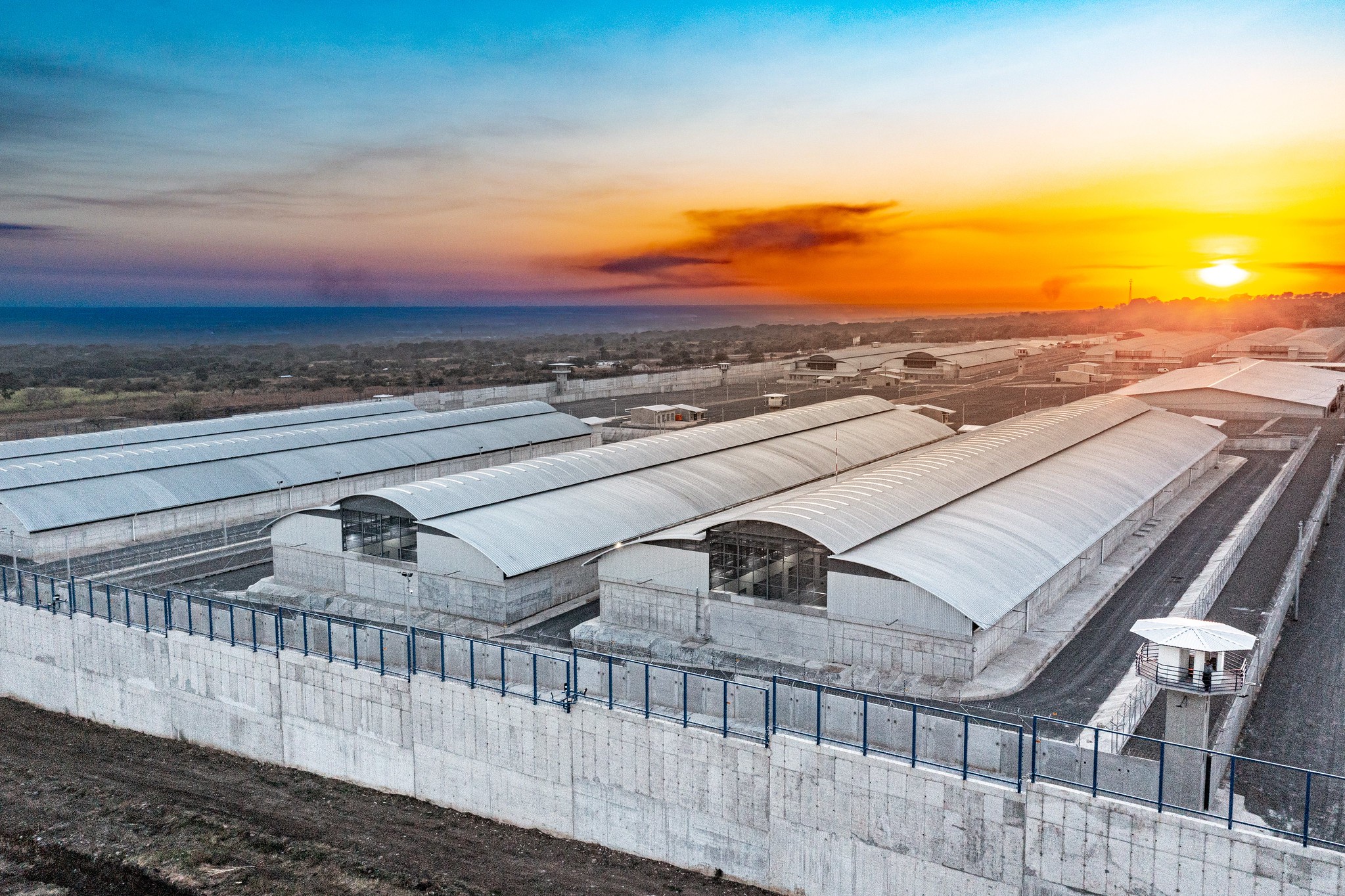While all of Venezuela's neighbors are doing everything they can to control the flow of refugees and increase pressure on Maduro's dictatorial regime, refugees must be deported from the Dutch Kingdom at any cost, with all the consequences that entails. Even making deals with internationally wanted criminals is not avoided. Over the past few months, I was investigating this humanitarian crisis and the dubious role of the Netherlands in all of this in both Venezuela and Curaçao. Given the acute importance, here is a brief account.
Fleeing for survival
Millions of Venezuelans are fleeing their dictatorship in search of a better life. Hundreds of thousands are fleeing simply because there is no food or need medical attention. Others are fleeing, afraid of being arrested or worse. Thousands cross the borders of Brazil and Colombia every day, some taking the risk of reaching the islands of the Dutch Kingdom in rickety boats. Those who are lucky can live there in the shadow of the tourists in illegality with the daily fear of being arrested, those who are less lucky are arrested even before arrival, imprisoned in inhumane conditions, only to be sent back to the dictatorship they fled with all the risks that entails.

A humanitarian crisis
Venezuela's neighbors, the EU, the United Nations, Amnesty, UNHCR, everyone but the dictatorship itself recognizes that a humanitarian crisis is underway, one of the biggest known to our generation. The regime of "President" Nicolás Maduro blames an economic war allegedly being waged against the country. He calls the refugee figures implausible. Meanwhile, millions of Venezuelans have fled because survival has simply become impossible; the flow of refugees is only expected to increase. What little food there is left is unaffordable, most of the hospitals have closed and medicines are virtually unobtainable. Cancer, AIDS and dialysis patients are doomed.
The vast majority flee to their largest neighbors, Brazil and Colombia, where they are recognized as refugees; relaxed visa requirements and special status give them a measure of protection. Many travel on, sometimes even on foot, to Ecuador and Peru. Pressure on the border areas is intense, and international aid has only recently begun to arrive.
Flights to Curaçao
Others choose to reach the Kingdom's islands from northern Venezuela on increasingly rickety boats. Whereas last year I could go along for 12 euros, today demand has increased so much that the price has risen to $300. One or more boats depart daily at night. Between fifteen and thirty refugees are sailed to just off the coastline of Curaçao where they have to reach the island while swimming. Recently I spoke in Puerto Cumarebo with some Venezuelans who were about to leave and asked them what they expected. They talked about their last chance. The seventy-kilometer crossing can be a dangerous one; several times bodies have washed up on Curaçao.
Directly deported
Sometimes the boats are intercepted by the Coast Guard even before the coast. These people are immediately arrested and detained in prison, from where they are deported (sometimes after only a few days) back to the humanitarian crisis they fled. Prison conditions are degrading. Several witness statements and a recent Amnesty report confirm the picture of belittling, mistreatment and the inability to claim rights. Children are separated from parents and denied medical care. Both Amnesty and UNHCR have called on the Kingdom to stop this degrading treatment.
Illegally undocumented
Most of the refugees do manage to reach the islands without being intercepted. However, the kingdom does not recognize these people as refugees but refers to them as illegal undocumented migrants. These people, estimated at between 10 and 15 thousand, live illegally on the island. Many of them live underground, afraid of being arrested and deported, with no chance of claiming medical care or any rights. Many women end up in prostitution, estimated at around two thousand. The police regularly conduct searches around the island, sometimes arresting dozens of refugees at a time.
Curaçao says it has no capacity and financial resources to receive the Venezuelans. Several times 'The Hague' has been asked for help, but there the leaders point to the islands' own responsibility. The Netherlands has promised help with knowledge of the immigration and naturalization service and has pledged one hundred thousand euros for renovations to the prison. Last week, another pledge of almost 150,000 euros was made to realize a closed shelter for women.
Block's dark deal
in April this year Minister Blok appeared out of nowhere on Venezuelan television, where he had just managed to secretly make a deal during an unannounced visit that resulted in the lifting of the long-standing border blockade between Venezuela and the Dutch islands. Among others, he was accompanied by the American wanted drug lord Tareck El Aissami. We later learn that Stef Blok had been working behind the scenes to prepare this deal and used the state visit to Colombia to finalize it.
Full prisons
Later, Blok's intention in a interview with René Zwart become clear: , "I was able to observe the effects of the blockade for myself during my visit. The islands really suffered a lot. They depend on imports from Venezuela for foodstuffs, especially fruits and vegetables. There is also the problem of people from Venezuela coming to the Caribbean parts of the Kingdom in search of a better life. The islands have no room for that. It threatened to become such large numbers that it would become disruptive. So it is of utmost importance that migrants who come to the islands for economic reasons can be returned. For me, therefore, the core was to get the blockade lifted, and knowing how crucial it is for the islands, that is what I worked for."
Aruba's controversial consul
The reason for the blockade was initially said to be smuggling. However, at play behind the scenes was that the Netherlands was blocking the appointment of Aruba's new consul, Carlos Mata Figueroa. The Netherlands threatened to block the appointment not only because this ex-military man has no diplomatic experience whatsoever, but also because he is known to have ties to the Kartel de los Soles and is also suspected of being responsible for ordering murder. He came into disrepute after, when he was governor, he ordered Tupamaros to attack associates of his opposing candidate. During Blok and Aissami's press conference, it became clear that the Netherlands would no longer block the appointment, and the day after the deal, Carlos Mata Figueroa was appointed consul of Aruba.
Maikel Moreno
Several countries including the Netherlands (through the EU) have placed most of the regime's leaders on the sanctions list. Including Maikel Moreno, who appears with a total of 42 countries on the sanctions list. Maikel Moreno is the president of the new higher court established by Maduro and, in addition to being jointly responsible for violating human rights, is also suspected of murdering a teenager, for which in 1989 he was arrested became. Weeks after signing the deal with Minister Blok, the Dutch-sanctioned Moreno appears at the international criminal court in The Hague. Answers to parliamentary questions reveal that the Netherlands had to make special efforts to get sanctions out of the way to make this visit possible.
Summary executions
Several organizations note human rights violations. Hundreds of people died during protests, thousands were arrested. Recently, Amnesty released a report finding that over eight thousand Venezuelans have been summary executed in recent years.
Immediately after the deal was signed, the Kingdom continued to deport Venezuelan refugees. The fruit boats, which Blok said were a major reason for the deal, have been waiting for months and have (temporarily) lost their permanent place on Curaçao's wharf.
My thoughts
During my latest, three-month research, I went in search of Venezuelans recently deported by the Kingdom. A few had decided to flee to another neighboring country, others were about to make another attempt to reach the islands, but the trace of several after deportation is obscure. The families I spoke to are distraught and fear they may never see their child again. In a broadcast at" Real John!" of last week, I too express my anguish about the fate of the missing deported refugees. It also becomes clear during my research that an asylum procedure does exist on Curaçao, but is inaccessible. In a hidden camera action, it becomes clear how people are sent from pillar to post and are eventually never offered the possibility of an asylum procedure.
Knowingly complicit
The recommendations in Amnesty's report - including a temporary halt to the deportation of refugees - were ignored by Curaçao last week. Curaçao and also the Netherlands continue to label the refugees as illegal undocumented migrants who come to the island for an economic reason. I see it differently: they are not economic refugees, but there are economic reasons not to see them as refugees. And with that thought, knowing what is going on in Venezuela, knowing about opinions and reports from various organizations, knowing that political opposition and criticism against Maduro's regime can lead to imprisonment or summary execution, knowing that people are dying on a large scale due to shortages of food and medicine. Knowing all this, yet simply sending people back without any procedure of this kind makes you complicit in their fate.

